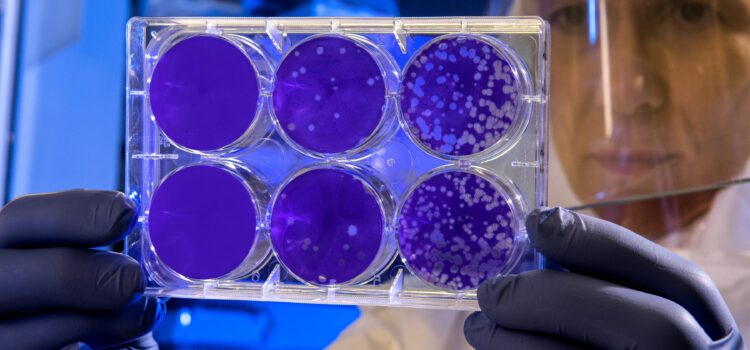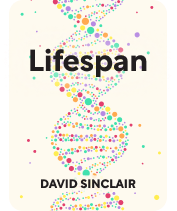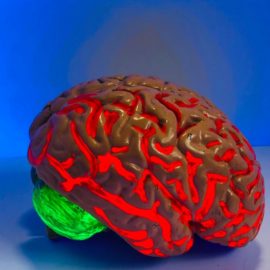

This article is an excerpt from the Shortform book guide to "Lifespan" by David Sinclair. Shortform has the world's best summaries and analyses of books you should be reading.
Like this article? Sign up for a free trial here .
What are sirtuins? What function do sirtuins serve in the body? How can sirtuins help reverse the effects of aging?
According to biologist David Sinclair, sirtuins—enzymes that regulate the epigenome—are the key to reversing aging. He believes he can reverse many of the effects of aging by bolstering our sirtuins because they’re involved in everything from repairing DNA to suppressing inflammation—all of which they accomplish by activating or deactivating certain genes in response to certain stressors.
Here’s how sirtuins can help combat aging.
Clearing Epigenetic “Noise” With Sirtuins
According to David Sinclair, sirtuins have to move away from their usual functions in order to repair DNA damage. As we age and start suffering from more and more problems, this leads to two issues: First, the sirtuins aren’t able to get back to their positions before they have to rush out to repair more damage. Second, sometimes they don’t return to the correct positions. These two things lead to epigenetic chaos—genes that should be active are deactivated, and vice versa.
Therefore, manipulating sirtuins to work more effectively—which scientists have done in mice with drugs like resveratrol—helps combat the effects of aging and extends life. The next step, Sinclair says, is to find drugs that cause the same effects in humans.
(Shortform note: Sirtuins are a relatively new area of study, and while initial research results look promising, there isn’t yet much evidence that we can effectively manipulate them in humans or that we’d get the desired results by doing so. A scientific review from 2020 summed up the results of many different studies on sirtuins in organisms ranging from yeasts to primates. In short, it says that sirtuins are “promising targets” for therapies to treat everything from age-related diseases to cancer, but there are still few (if any) studies using human subjects.)
| What Causes Epigenetic “Noise”? According to the National Institutes of Health (NIH), the epigenome responds to various stressors such as pollutants, diseases, and an unhealthy diet by undergoing small changes to enable the body to endure those stressors. In fact, the NIH says those changes may be necessary for us to survive. However, they can also lead to illnesses if too many genes are being activated and deactivated incorrectly. To give a simple example: If you get a small cut, your epigenome would activate the genes you need to heal—genes that produce clotting agents and genes that make your skin cells divide rapidly to heal the wound, among others. This is perfectly normal and usually doesn’t cause any harm. The problems arise when the epigenome doesn’t correctly reset itself; for instance, if those skin cells don’t stop dividing once the wound is closed, you could develop skin cancer. |

———End of Preview———
Like what you just read? Read the rest of the world's best book summary and analysis of David Sinclair's "Lifespan" at Shortform .
Here's what you'll find in our full Lifespan summary :
- Why biologist and geneticist David Sinclair believes old age is a curable disease
- The potential problems of a world where people never die
- How the elderly stifle the economy






